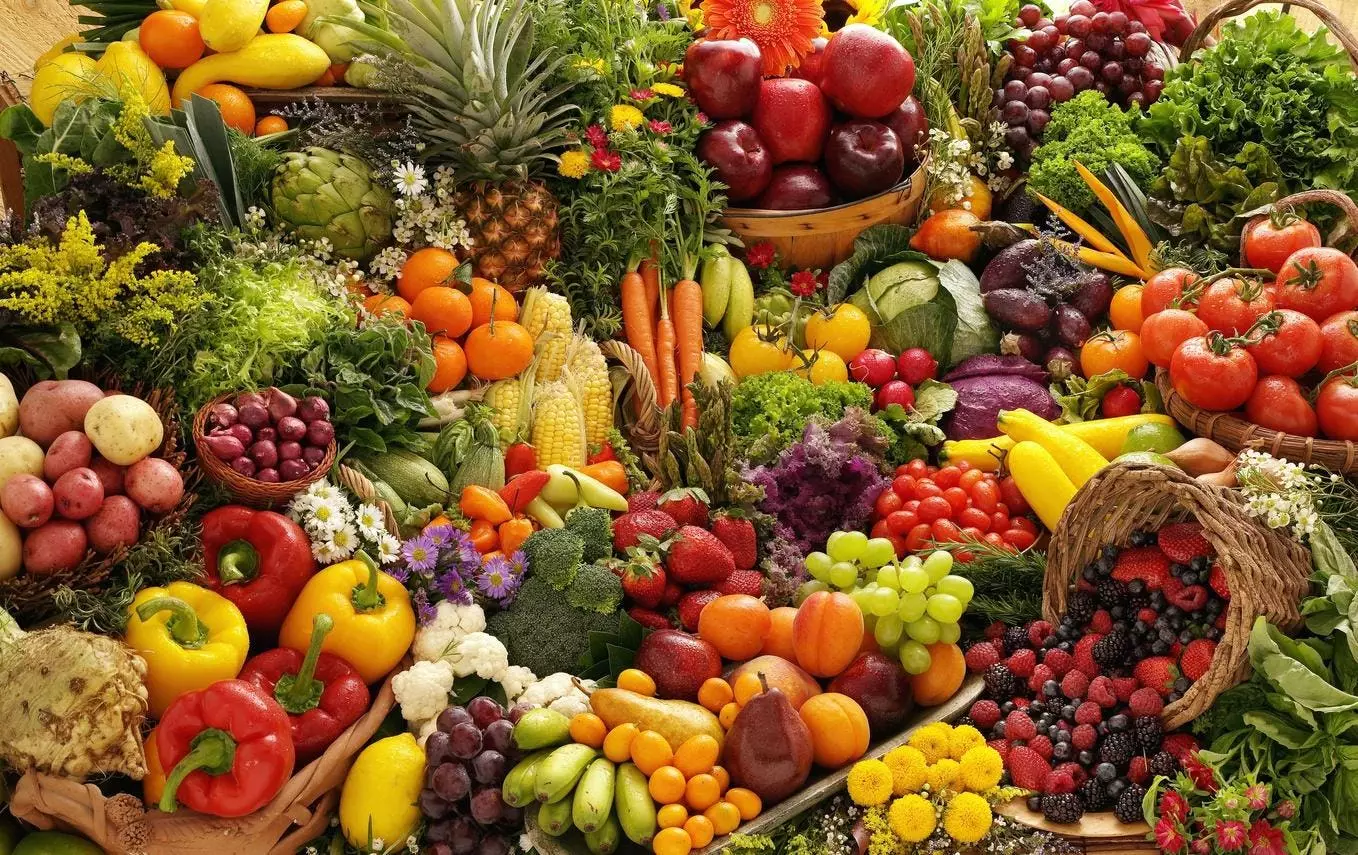The statistics surrounding food waste in the United States are both staggering and disheartening. According to estimates from the U.S. Food and Drug Administration (FDA), a jaw-dropping 30-45% of America’s food supply goes to waste. This isn’t merely a number on a report; it translates into severe implications for global hunger and environmental sustainability. The food industry acknowledges this as a pressing challenge, and the gravity of the situation can hardly be overstated. As Hans Sauter, Chief Sustainability Officer at Fresh Del Monte Produce, articulates, the repercussions of food waste ripple across socioeconomic and environmental domains, exacerbating hunger while simultaneously fueling greenhouse gas emissions.
Understanding Food Waste Categories
To tackle food waste effectively, it is critical to dissect the problem into manageable categories that clearly define the sources of waste. In the produce sector, five primary categories emerge:
1. Rotten Food: This refers to produce rendered inedible due to decay or physical damage.
2. Ugly Food: Produce deemed cosmetically unappealing is often rejected despite being perfectly safe for consumption.
3. Old Food: Instances where goods linger too long within the supply chain before reaching consumers.
4. Excess Food: Surpluses that consumers are unable to utilize, leading to discard.
5. Trimmed Food: This encompasses portions of fruits and vegetables—such as rinds and seeds—that humans do not consume.
Each of these categories presents unique challenges and opportunities for intervention. There is no denying that some food waste is inevitable, and yet, loss reduction strategies are crucial. They not only optimize food availability but also enhance farmland efficiency, while playing a vital role in mitigating environmental impacts, particularly regarding greenhouse gas emissions from landfills.
Innovative Solutions and Collaboration: The Pacific Coast Food Waste Commitment
In an inspiring response to the challenge of food waste, food retailers and suppliers in the Pacific Northwest have joined forces through the Pacific Coast Food Waste Commitment (PCFWC). This collaborative effort encompasses public and private stakeholders committed to reducing food loss along the supply chain. The initiative has already implemented various projects that facilitate knowledge sharing among participants and foster innovative waste management practices.
One particularly promising method that has emerged from the PCFWC is engaging frontline workers in the food handling process. This grassroots approach empowers employees to brainstorm viable waste reduction strategies, leading to remarkable outcomes. For instance, during a pilot initiative at Fresh Del Monte’s facility in North Portland, Oregon, team members were educated about food waste’s vast implications and were encouraged to contribute their ideas for waste mitigation.
Empowering Workers: A Practical Approach to Waste Reduction
The response from employees at Fresh Del Monte was astounding; approximately 75% of the workforce submitted a total of 197 distinct ideas aimed at reducing food waste. This inspiring level of participation is a testament to the employee engagement philosophy that underscores the initiative. By fostering a sense of ownership among staff, companies like Fresh Del Monte not only access innovative ideas, but also cultivate a culture of accountability towards waste initiatives.
The success of this initiative at Fresh Del Monte is highlighted by a particularly “winning” strategy: reversing the order of sorting and sanitation in the processing chain. This seemingly simple change led to the preservation of over 53% of fully edible fruits that would have otherwise been discarded. The lesson here is clear: even straightforward adjustments can yield remarkable results in waste reduction and should be further implemented across other processing facilities.
A Multifaceted Approach to Combat Food Waste
The solutions arising from the PCFWC’s collaboration, and similar endeavors, underscore a holistic approach towards food waste management. Key strategies involve enhancing processes to prevent food damage, creating opportunities for donation, and investing in recycling or upcycling initiatives. Addressing food waste in its multifaceted form requires coordinated efforts from various sectors, advocating for pre-competitive collaboration and empowering individuals closest to the operational frontline.
In a world where food waste looms as a significant challenge, innovative concepts rooted in collaboration, employee engagement, and actionable strategies can pave the way for a more sustainable future. The implication of these collective efforts stretches beyond the food industry; it intertwines with pressing social concerns like food security and environmental stewardship. Embracing such forward-thinking initiatives not only benefits companies bottom lines but also provides a brighter path forward for communities grappling with hunger and waste.


Leave a Reply